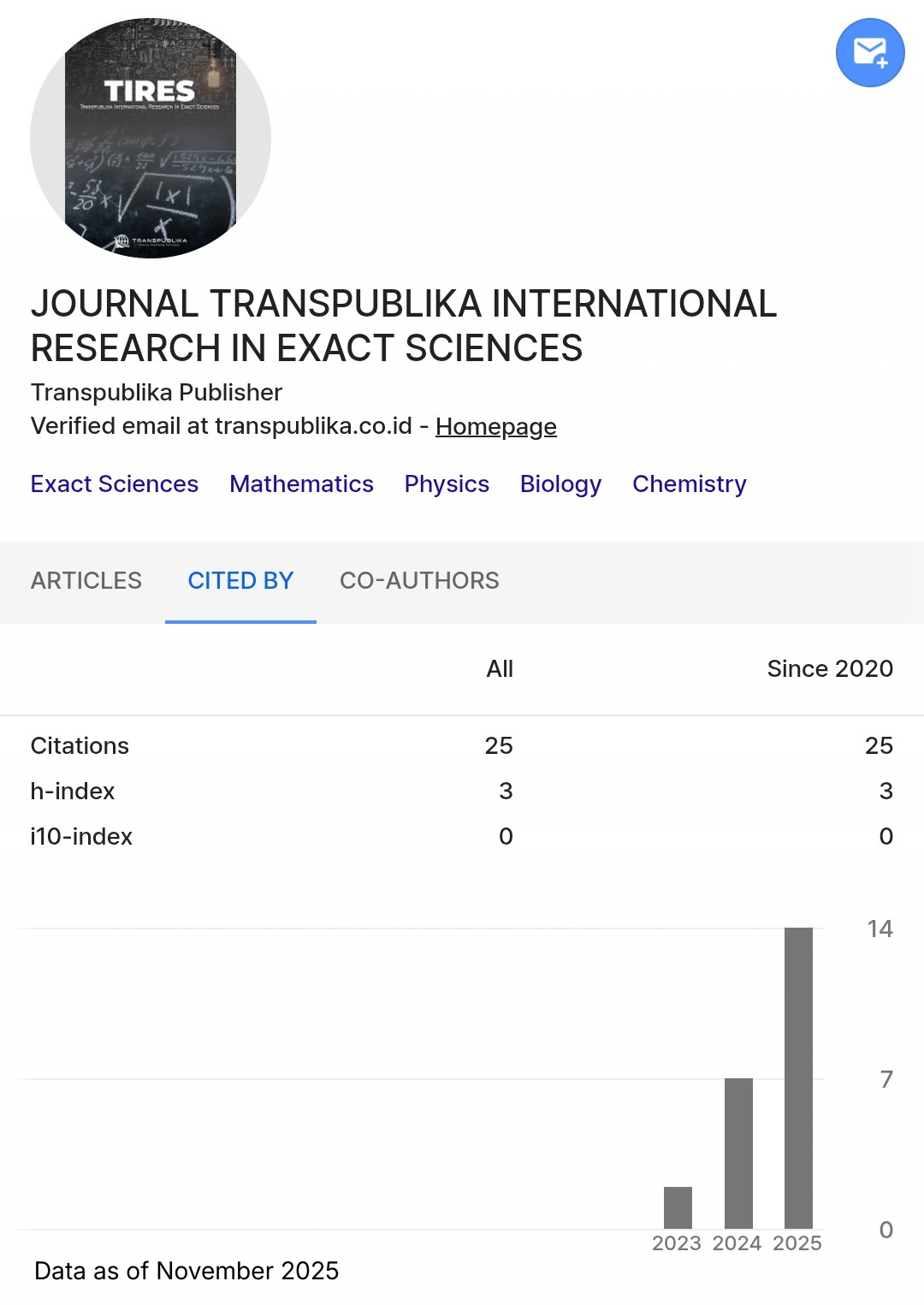RELATIONSHIP BETWEEN MOSQUITO NEST ERADICATION (PSN) AND THE PRESENCE OF AEDES AEGYPTI LARVAE IN GUNONG MANTOK VILLAGE, PANGA SUB-DISTRICT, ACEH JAYA DISTRICT
Main Article Content
Juliana Juliana*
Srie Wahyuni
Dengue hemorrhagic fever (DHF) remains a significant public health problem, especially in tropical and subtropical regions, including Indonesia. The disease is transmitted by Aedes aegypti and Aedes albopictus mosquitoes, which breed in environments with standing water. Community behavior and behavior in conducting Mosquito Nest Eradication (PSN) greatly affect the spread of this disease. This study aims to evaluate community behavior related to mosquito nest eradication and its association with dengue outbreaks in Gunong Mantok Village, Panga District, Aceh Jaya Regency. This study used a quantitative approach with a cross-sectional method, which allows data collection at a single point in time to understand the prevalence of PSN behavior and factors that contribute to the spread of DHF. The results showed that the majority of respondents, 68 people (80%), did not conduct routine eradication of larvae. Only 17 respondents (20%) reported that they did. This low rate reflects the lack of awareness and knowledge of the community regarding the importance of PSN in preventing the spread of DHF. The results of this study highlight the importance of increasing community awareness and education about PSN as a preventive measure to control the spread of DHF. The government and related parties need to conduct more intensive interventions, such as more vigorous health campaigns and sustainable PSN programs. Hopefully, with increased awareness and active participation of the community, dengue cases in Gunong Mantok Village can be significantly reduced, so that public health can be better maintained.












